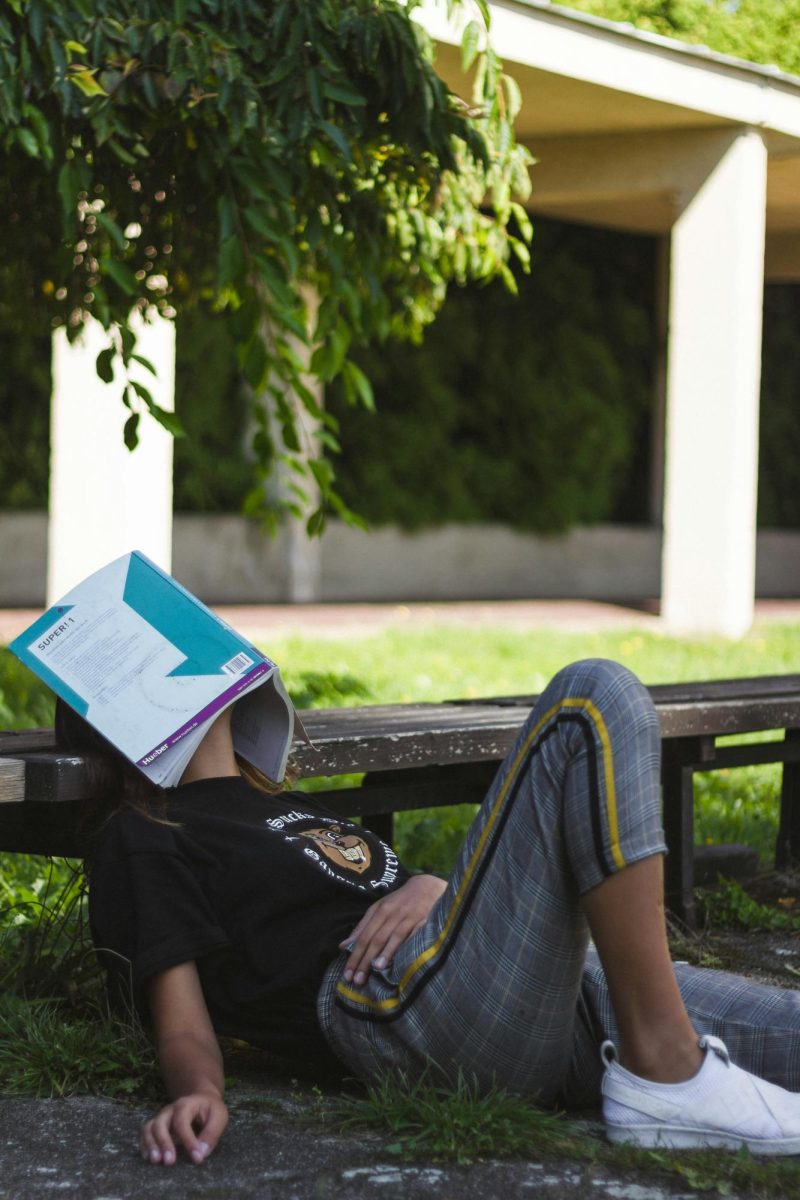With college applications submitted and admissions decisions rolling in, many high school seniors are starting to loosen their academic focus. “Senioritis”—that familiar dip in motivation during the final months of high school—is hitting hard. Some see it as a harmless rite of passage, or even a deserved reprieve after years of academic rigor. But to dismiss it as just a quirky phase is to overlook something more concerning: senioritis isn’t merely a momentary lapse—it’s a mindset that can quietly undermine everything we’ve worked toward.
Let’s not sugarcoat it: high school is demanding. Students have been operating fully for years between Advanced Placement (AP) courses, athletic commitments, extracurricular responsibilities, part-time jobs, and the constant pressure to build the “perfect” college application. So it’s understandable that many feel tempted to relax once the finish line is in sight. But just because it’s tempting doesn’t mean it’s harmless.
“I feel less motivated now that college decisions are in,” said senior Catherine Li. “But I also know that if I stop trying, I’ll regret it. Colleges still look at final grades, and I don’t want to lose what I’ve worked for.”
Catherine’s words resonate with many of us. Her awareness reflects a deeper truth: this isn’t just about getting through high school—it’s about protecting the integrity of our goals. Senioritis doesn’t exist in a vacuum. When students check out, the ripple effects are felt by classmates, teachers, and the entire learning environment.
“It’s noticeable every year,” said Mrs. Luciani, an English teacher at FHS. “By spring, participation drops, homework becomes inconsistent, and group projects suffer. I try to keep students engaged, but it’s tough when they’ve mentally moved on.”
And who can blame her? It’s difficult to teach or collaborate when students are physically present but mentally disengaged. Yet that’s precisely why this moment matters. These final months aren’t just about finishing credits. They’re about finishing with intention, with self-respect, and with a sense of closure.
“We all need rest,” said senior Annette Costa. “But that doesn’t mean we should stop caring. It’s a balance—taking care of ourselves while still showing up.”
She’s right. Rest and accountability aren’t mutually exclusive. There is space for both reflection and resilience. We don’t need to be perfect—we simply need to stay present.







